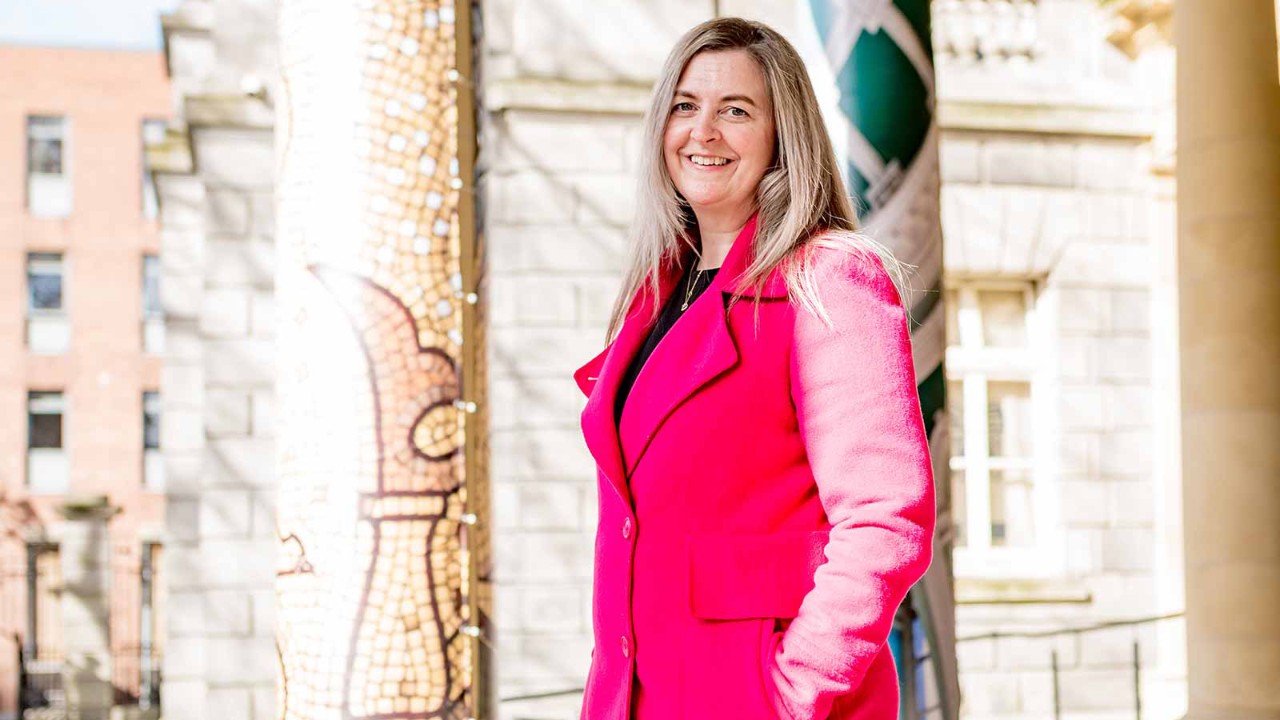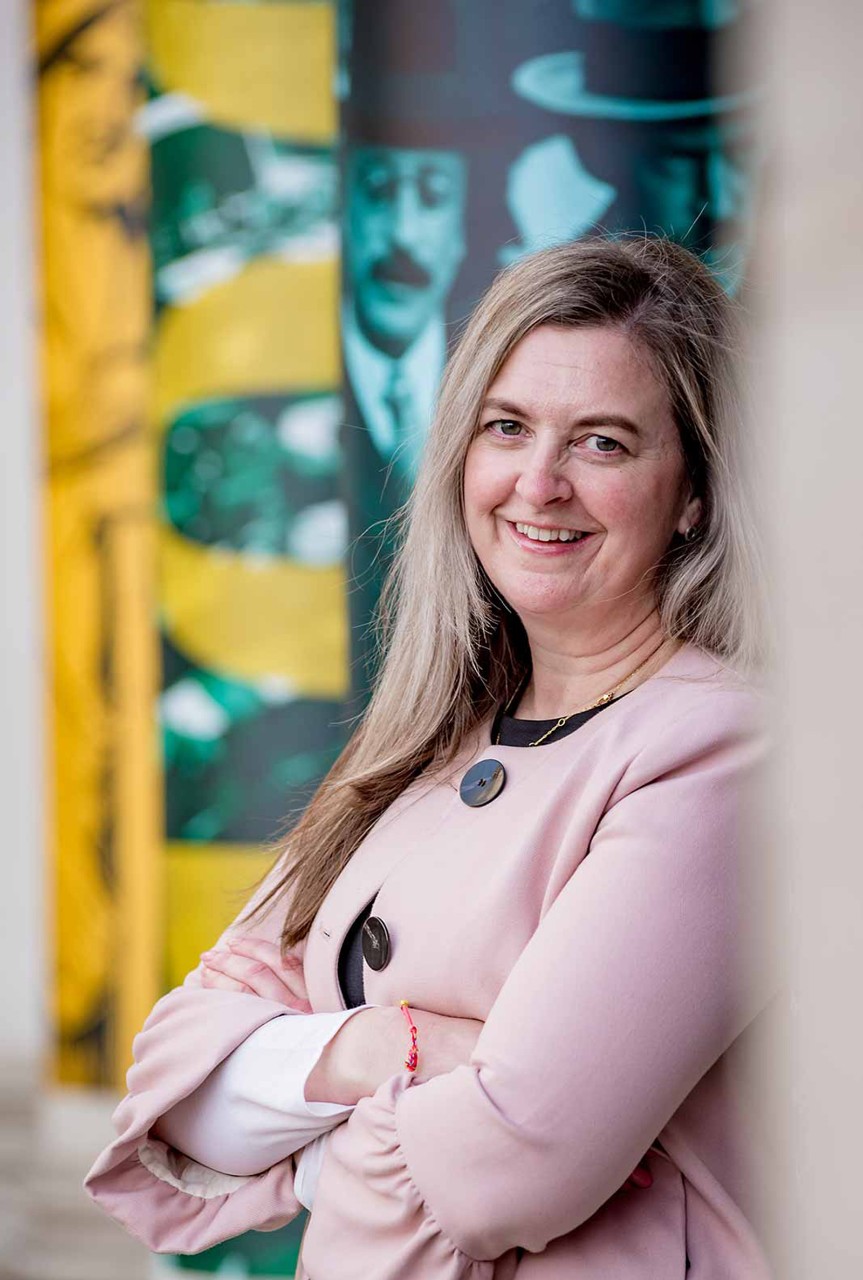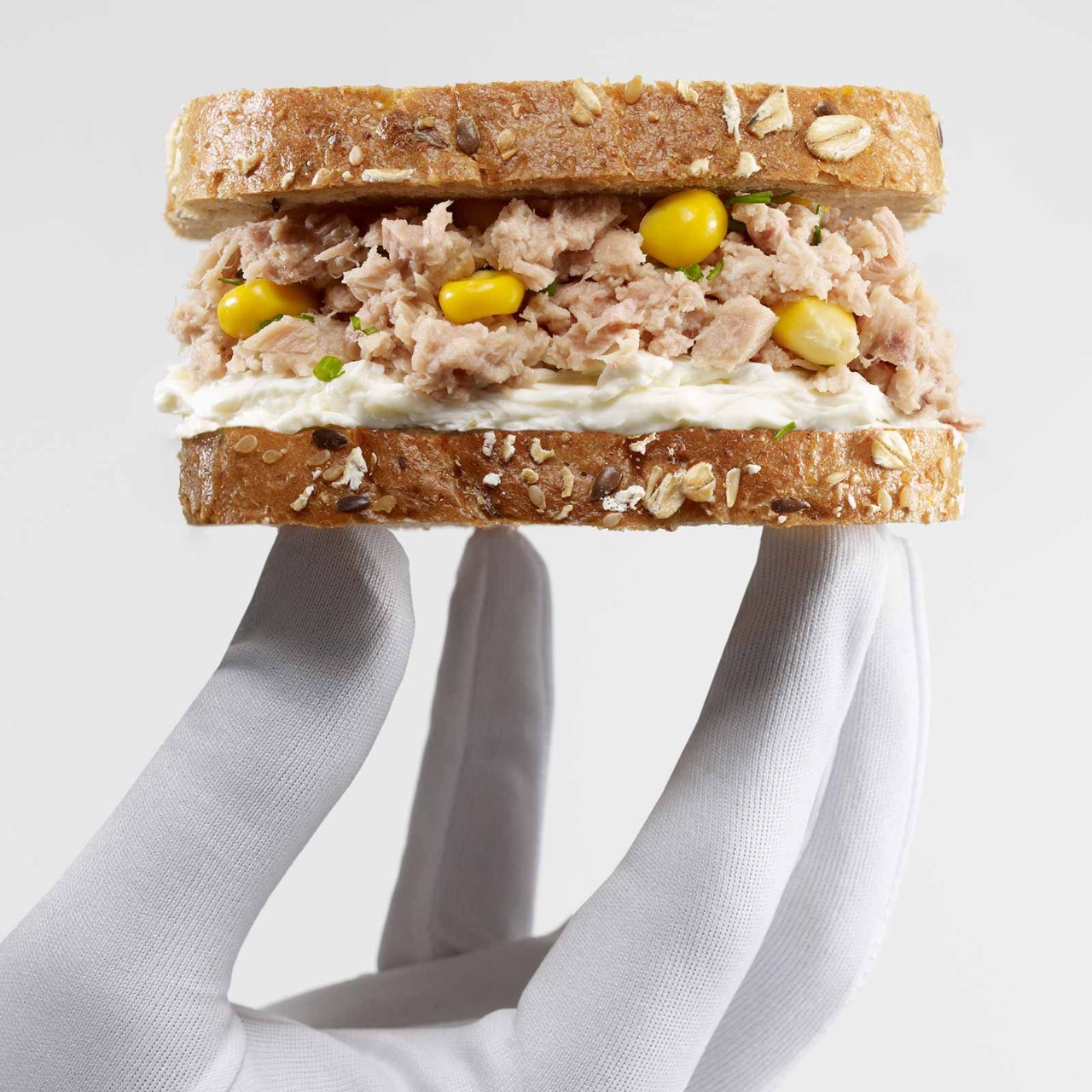
For the parliamentarians who convened the Third Dáil in Leinster House in September 1922, it would surely be a source of pride to know they were laying the foundations for a state now celebrating its first centenary.
Today, while Leinster House is synonymous in Irish minds with the Oireachtas, few will be familiar with the Houses of the Oireachtas Service. The body, staffed by around 570 civil servants, provides the services that allow the Dáil, the Seanad and their committees to function, and also supports the TDs and senators.
Its CFO is Saragh Fitzpatrick ACCA. Appointed in 2019, Fitzpatrick is responsible for leading and developing the organisation’s financial function, which, she explains, operates three distinct but complementary units: procurement, finance and salaries.
Smooth and seamless operations are kept afloat by sometimes frenetic activity underneath
Basics
1922
Third Dáil meets in Leinster House and adopts the constitution of the Irish Free State
1919
First Dáil held in the Mansion House, Dublin
1745
Construction begins on Leinster House
1264
First recorded meeting of an Irish parliament
The procurement unit manages purchases and contracts for the Oireachtas. The finance unit oversees day-to-day finance functions, preparation of accounts, reports and other statutory duties. And the salaries unit ensures that everyone, from TDs to political staff to civil servants, is paid in a timely manner, operating no fewer than seven payrolls, on monthly, fortnightly and weekly bases, to do this.
‘While they are three separate teams, I see a key part of my role as making sure everyone knows what everyone is doing,’ Fitzpatrick says. Funding comes almost entirely from a three-year block grant from government. In all, the body received €422.3m to run the Oireachtas building between 2019 and 2021. Given the historic nature of the building, this sum doesn’t have to cover the maintenance of what started off as an 18th-century ducal palace. The upkeep rests with the Office of Public Works, which owns Leinster House on behalf of the State.
Smooth running
Fitzpatrick likens the functioning of the Oireachtas to a swan: smooth and seamless operations on the surface kept afloat by sometimes frenetic activity underneath. In running a parliament, she adds, what matters isn’t just that things are done, but how they are done. ‘There are lots of moving parts, and many elements that are legislated for, with formal requirements and strong traditions governing them.’
Balancing those with the drive to modernise service delivery is a challenge Fitzpatrick has happily embraced. ‘I do see myself as having a vision for the role, and there’s a lot of work ongoing to modernise the Service. I want to see us move to a highly streamlined, technically innovative and secure financial operation.’
‘We have the freedom to look at how we do things and ask how we can do them better’

Sustainability is often a driver here. Take the traditional, resource-heavy use of order papers, with their particular colours mandated for different stages of legislation, a process that explains why TDs and senators are so frequently seen with heavy binders of documents in their arms. Fitzpatrick says: ‘We are now at the stage where we’ve removed paper from the process and digitised it, so that the deputies can access the order papers through tablet devices. However, it has been a complex process with many elements to it, and it required our IT people to be very clever and innovative.’
Fitzpatrick says her finance team is ‘not as tied down to legislation and tradition. We have the freedom to look at how we do things and ask how we can do them better, whether that’s through the use of digital signatures, going paperless or investing in financial management systems. However, we also need to make sure that what we do is in tune with everything else in the Service.’
One major finance project currently in train is the move away from cash accounting. ‘There is a lot of work ongoing to move the entirety of Irish government accounting to an accruals basis. This will impact on Departments across the board.’
Strategically, Fitzpatrick says the move will be a significant step forward. ‘It will involve the best software and the best reporting tools and mean more accurate accounting. The process of automation will also free up a lot of human resources.’
Covid challenge
The pandemic, of course, brought its own set of priorities, the most significant being the need for the Oireachtas to meet in person while social distancing – a ‘massive challenge’. Since by law the Dáil may not meet remotely or electronically, a move to the Convention Centre on the other side of the Liffey was the only realistic option to maintain in-person sittings.
‘I find the fact that we are all striving for a common goal very satisfying’
CV
2019
Appointed CFO, Houses of the Oireachtas Service
2018
Director of finance and corporate governance, Caranua
2015
Internal auditor, HSE
2013
Trainee auditor, Office of the Comptroller and Auditor General
2003
Product development specialist, Friends First
‘We had to facilitate not just the politicians, but broadcasting people, political staff and translation booths,’ Fitzpatrick says. Side by side with this was the need to organise working from home. ‘To get the right equipment to everyone, with secure access to the system and roll it all out overnight, was another massive undertaking.’
With pandemic restrictions lifted, all three of the organisation’s units have been operating a blended working model since February this year. ‘We have taken the approach of anchor days and flexible days. An anchor day is one when each team gets together in the office, meaning there’s the opportunity to network and for tacit knowledge transfer to take place. On flexible days, people can choose to work at home or in the office.’
A greater reward
Originally from Kildare, Fitzpatrick started her career in financial services. A decision to change course saw her become a trainee auditor with the Office of the Comptroller and Auditor General in 2013 and begin her ACCA journey. ‘I had worked in financial services for about 14 years, in various project management roles. I loved what I did, but I felt I had painted myself in a corner somewhat and was looking at other things I might do,’ she explains.
Reflecting on the move a decade later, she is in no doubt she did the right thing. ‘If I had known then what I know now, I would have started out in the public service. I find the fact that we are all striving for a common goal to be very satisfying.’
As to the value of ACCA, she is equally clear. ‘It may sound like a cliché but the ACCA Qualification changed my life. The roles I have played since then, including my current position, would never have come about without it.’
Fitzpatrick has already been shortlisted for the Accountant of the Year and CFO of the Year awards by the Women in Finance Awards Ireland, pointing to a career set for many more milestones ahead. For the moment, though, it is more immediate challenges, energised by the return to a place she loves, that motivate her.
‘It’s great to be back in Leinster House and to feel the collegiate, friendly atmosphere and the unmistakable buzz again. There really is nothing like that feeling of walking across the plinth, and through the main door, where the sense of history is all around you.’



